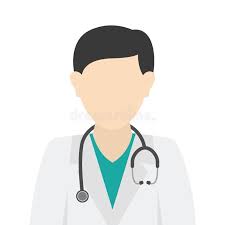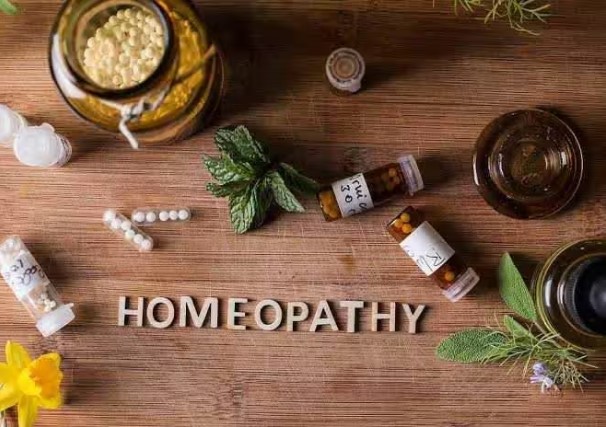The skin is the body's largest organ and a key indicator of overall health. It protects against chemicals, radiation, and germs while maintaining temperature balance. It also plays roles in energy conservation, vitamin D synthesis, and pheromone secretion.
Skin Layers:
- The Epidermis: The outer layer with no blood vessels.
- The Dermis: The underlying layer that supports and nourishes the epidermis.
Eczema:
Eczema, or dermatitis, presents as red, inflamed, itchy patches and sometimes blisters. Types include:
- Atopic Eczema: Often hereditary and linked to allergies.
- Contact Dermatitis: Results from contact with an allergen or irritant.
- Seborrhoeic Dermatitis: Appears in adult and infantile forms.
- Varicose Eczema: Associated with varicose veins, leading to dark, inflamed skin.
Psoriasis:
Psoriasis causes red patches covered with silvery scales due to rapid cell division. Types include:
- Plaque Psoriasis: Patches on knees, elbows, back, and scalp.
- Guttate Psoriasis: Small patches that may follow a streptococcal infection.
- Pustular Psoriasis: Rare form affecting palms and soles.
Homeopathic Treatment:
Homeopathy treats skin conditions holistically, focusing on:
- Local: Physical manifestations.
- Mental: Psychological aspects.
- General: Overall physical characteristics.
Remedies are customized to balance both physical and psychological aspects.
Acne:
Acne is caused by excessive sebum production, which blocks hair follicles and leads to bacterial growth and inflammation. It commonly affects the face, back, chest, shoulders, and neck.
Homeopathic Treatment for Acne:
Homeopathy treats acne by stimulating natural healing mechanisms with tailored remedies for each individual. It avoids dryness and irritation, proving to be a safe and effective method for managing skin issues, including hair fall, dandruff, and early greying.










